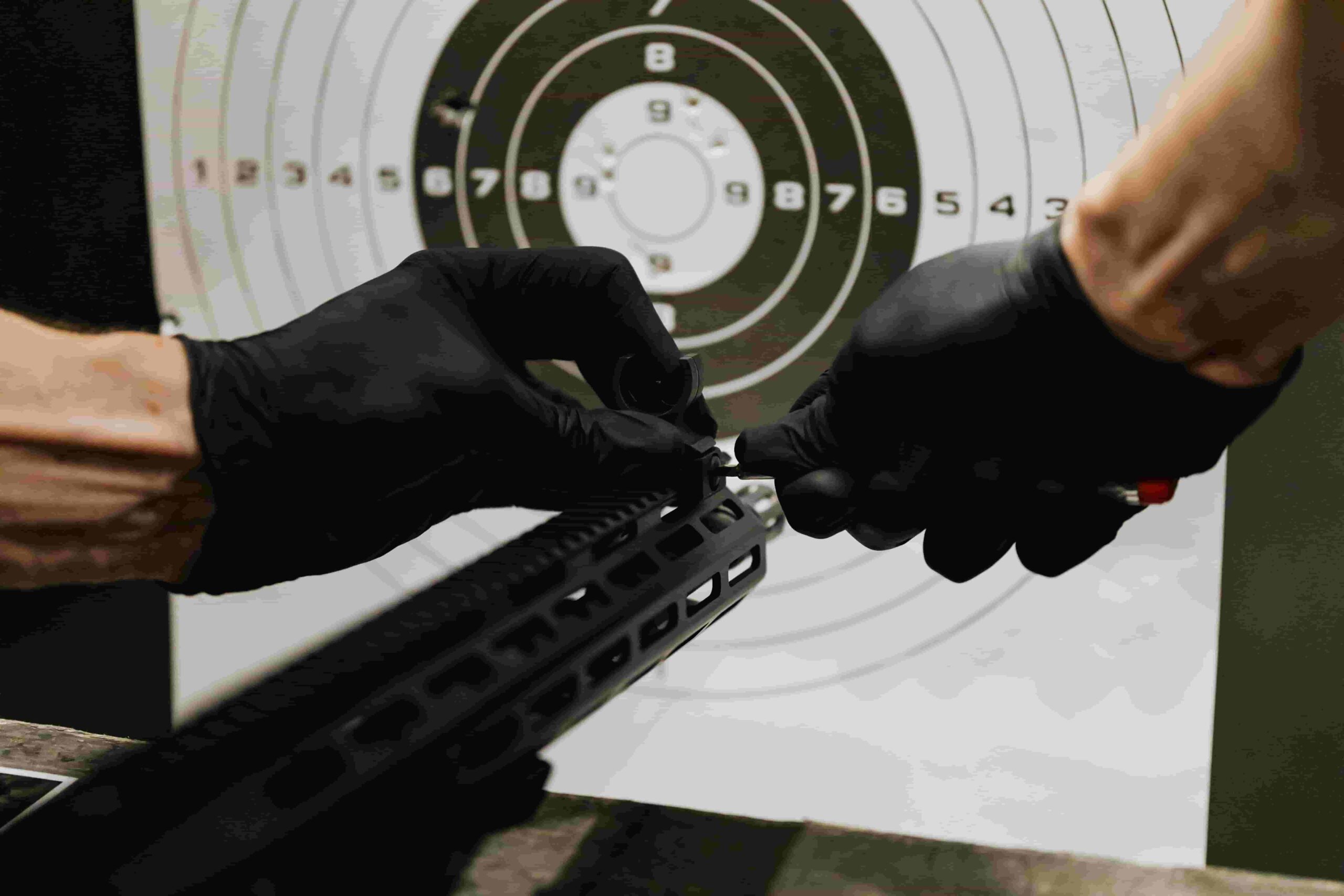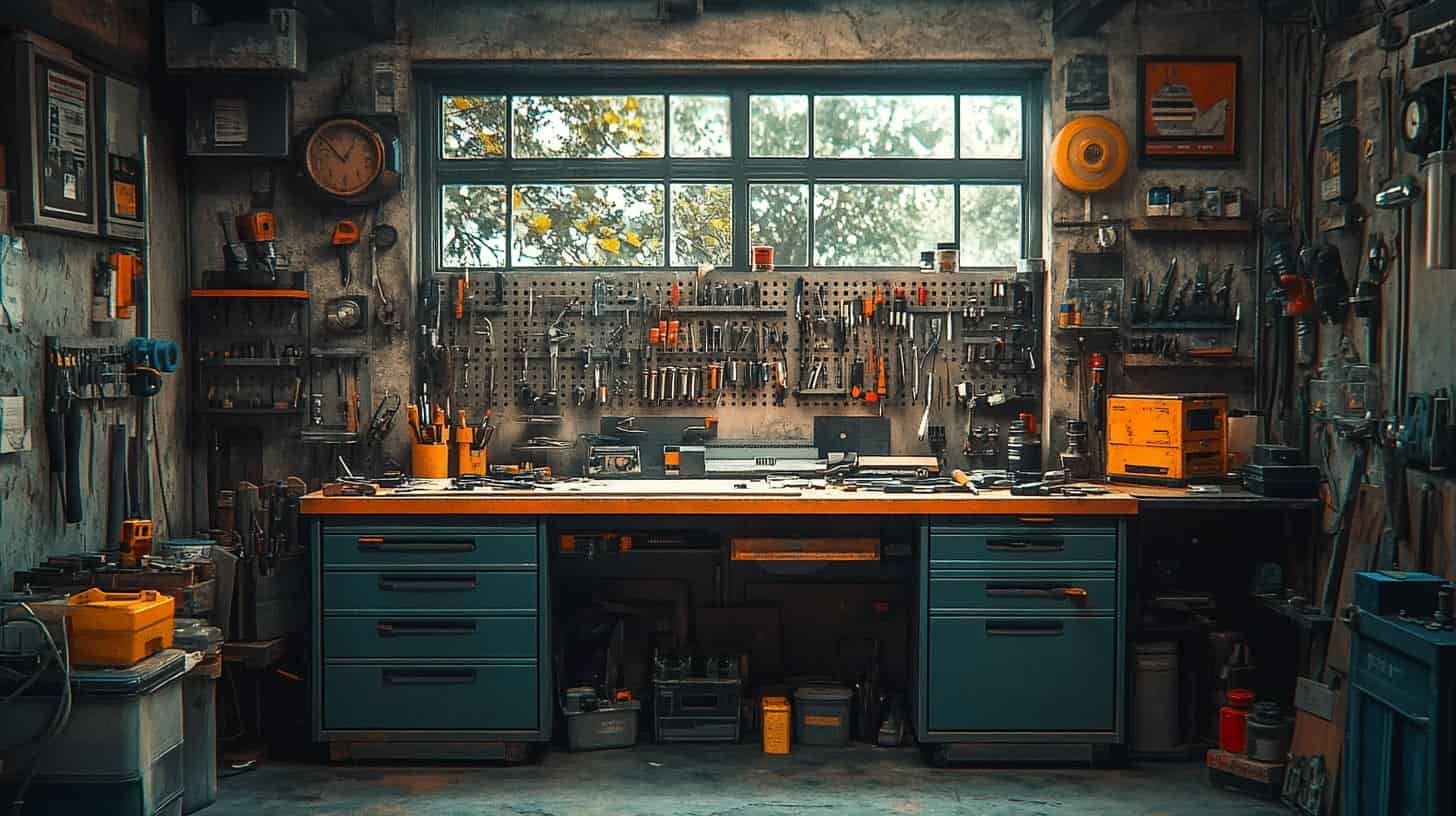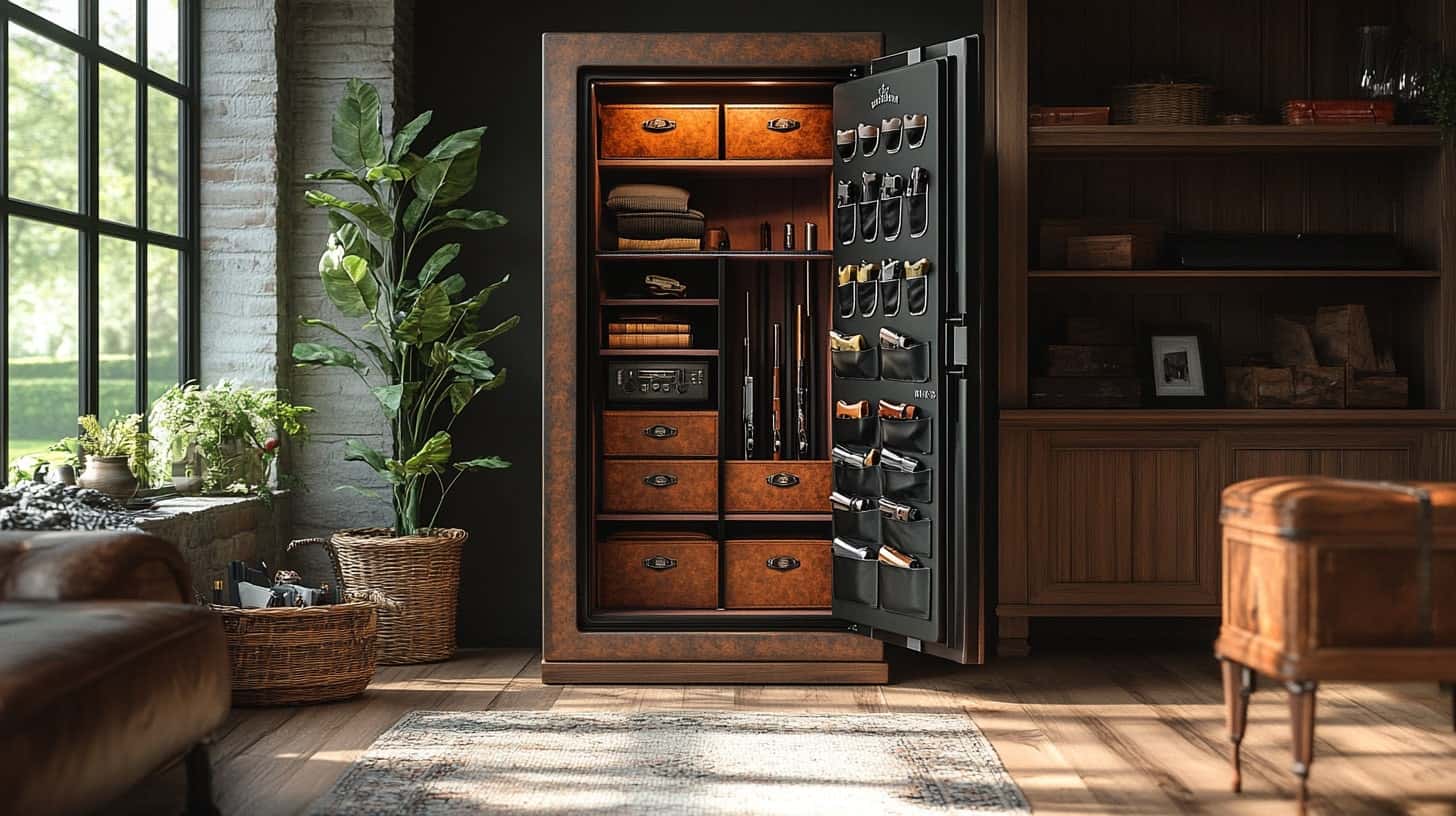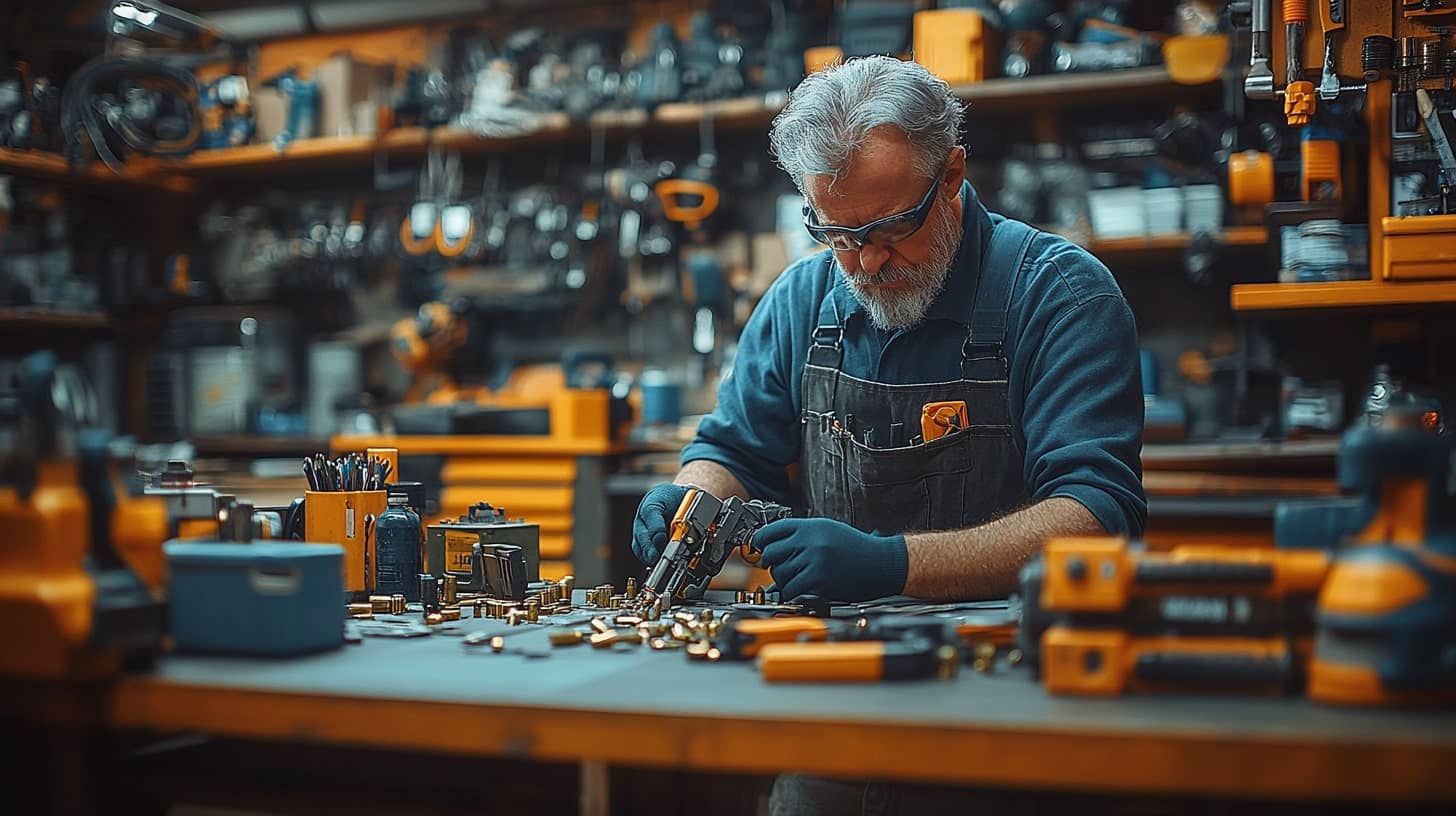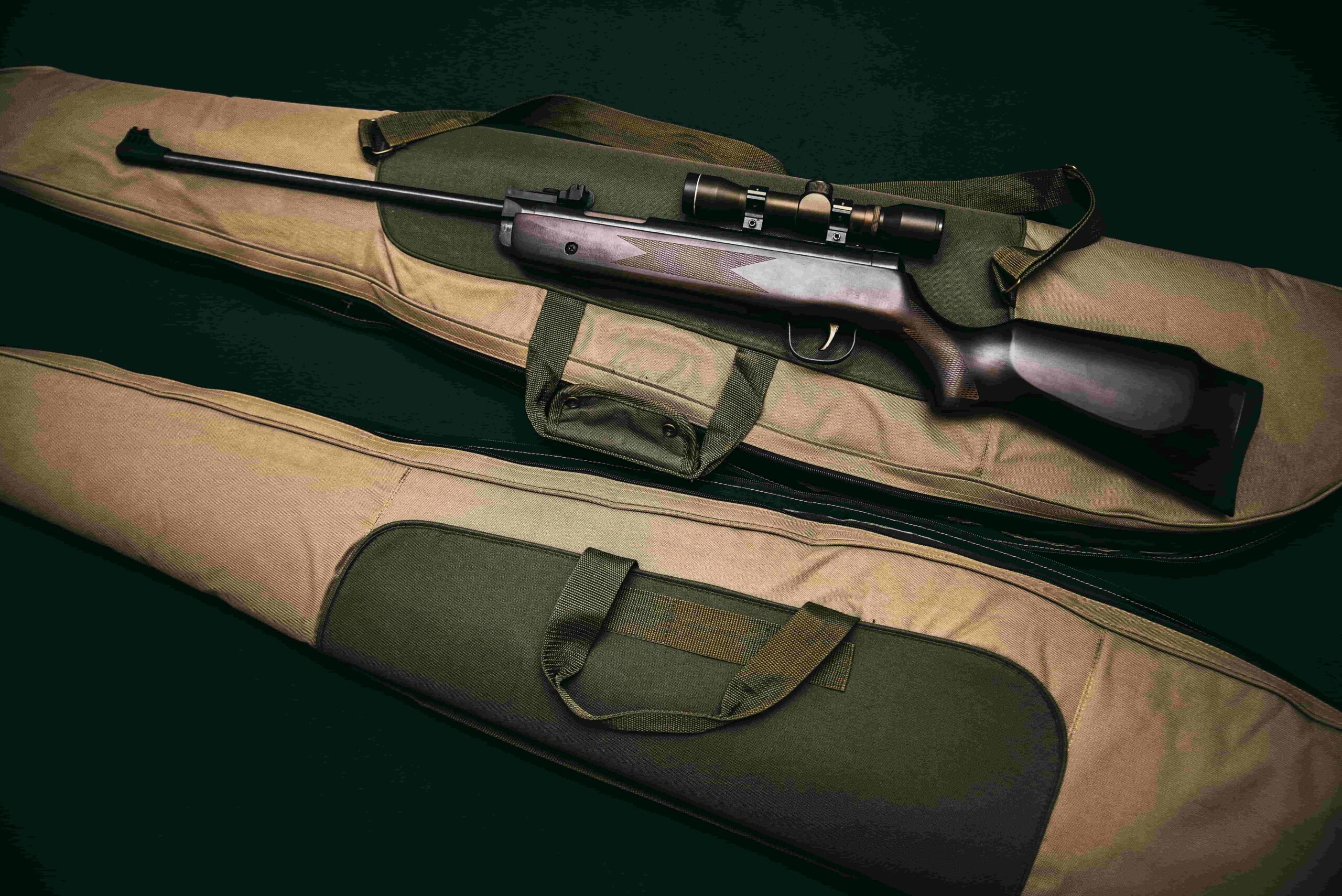Keeping your firearms in top shape isn’t just a matter of pride—it’s a crucial part of responsible gun ownership. Regular maintenance ensures your guns remain safe, reliable, and ready for action. Whether you’re a seasoned shooter or a new gun owner, understanding the essentials of gun upkeep can save you time, money, and potential headaches down the line.
In this guide, we’ll walk you through everything you need to know about maintaining your firearms. From understanding the different types of guns and their specific needs to setting up a maintenance routine, we’ve got you covered. Let’s get started.
Understanding Your Firearms
Each type of firearm has its own maintenance requirements. Knowing what your gun needs is the first step to proper care.
Handguns
Handguns, such as pistols and revolvers, are popular for their compact size and versatility. They typically require frequent cleaning and lubrication due to their intricate mechanisms. Pay special attention to the barrel, chamber, and magazine well.
Rifles
Rifles are designed for long-range precision. Their longer barrels mean more surface area to clean, but they generally don’t need to be cleaned as often as handguns. Focus on the bore, bolt, and trigger assembly.
Shotguns
Shotguns, used for hunting and sport shooting, have unique cleaning needs due to their smoothbore barrels. Regularly clean the choke tubes and action to prevent residue build-up that can affect performance.
Essential Gun Maintenance Tools
Having the right tools makes gun maintenance easier and more effective. Here’s a list of must-haves:
Cleaning Rods and Brushes
Cleaning rods, along with caliber-specific brushes, help scrub the inside of the barrel. Choose a rod that matches your gun’s barrel length and a brush that fits its caliber.
Patches and Solvents
Cleaning patches soaked in solvent break down powder residue and carbon build-up. Use them in combination with your cleaning rod to wipe down the barrel and other metal parts.
Lubricants and Protectants
Lubricants keep your gun’s moving parts working smoothly, while protectants prevent rust and corrosion. Apply them sparingly to avoid attracting dirt and debris.
Cleaning Your Firearm
A proper cleaning routine ensures your gun performs reliably and lasts longer. Follow these steps for a thorough clean:
Disassemble Your Gun
Always ensure your firearm is unloaded before disassembly. Refer to your owner’s manual for instructions on how to take it apart safely.
Clean the Barrel
Attach a brush to your cleaning rod, apply solvent, and scrub the barrel from chamber to muzzle. Follow up with patches until they come out clean.
Lubricate and Reassemble
Apply a small amount of lubricant to moving parts. Wipe off any excess, then reassemble your gun according to the manual.
Storage and Care Tips
Proper storage is key to maintaining your firearms. Here are some tips to prevent common issues:
Use a Gun Safe
A gun safe protects your firearms from unauthorized access, theft, and environmental damage. Choose one that offers ample space and robust locking mechanisms.
Control Humidity
Excess moisture can cause rust and corrosion. Use a dehumidifier or silica gel packs in your storage area to keep humidity levels in check.
Regular Inspections
Even when stored correctly, guns can develop issues over time. Conduct regular inspections to catch problems early and keep your firearms in top condition.
Regular Maintenance Schedule
Setting up a regular maintenance schedule helps keep your guns in optimal health. Here’s a suggested routine:
Weekly Checks
Inspect your firearms for any signs of wear and tear. Wipe down the exterior with a dry cloth to remove dust and fingerprints.
Monthly Cleanings
Perform a basic cleaning of the barrel, action, and magazine. Apply a light coat of oil to prevent rust.
Annual Overhaul
Once a year, do a deep clean and thorough lubrication. Check all parts for wear and replace any that are damaged.
Conclusion
Proper gun maintenance is essential for safety, reliability, and longevity. By understanding your firearms, using the right tools, following a detailed cleaning process, and storing them correctly, you ensure they perform at their best for years to come.
We’d love to hear your maintenance tips and experiences. Share your thoughts and questions in the comments below. Happy shooting and stay safe!

